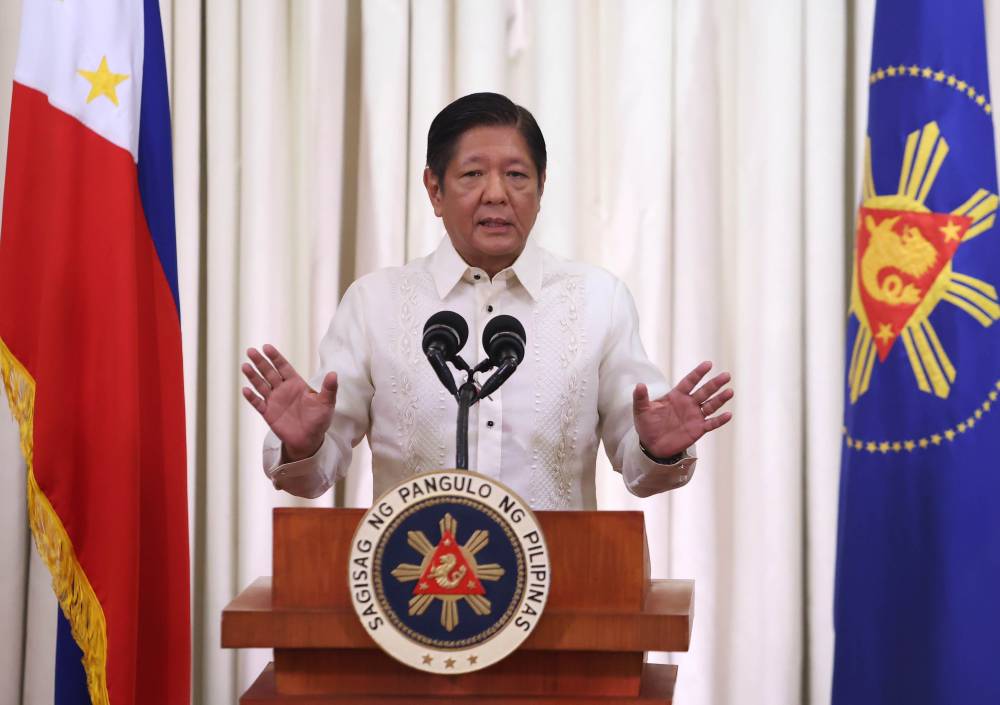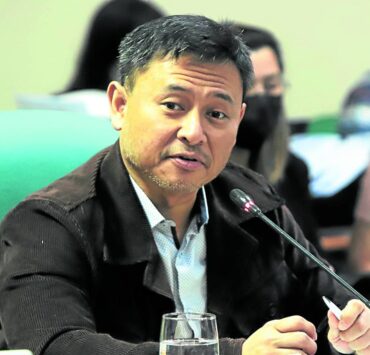Marcos gives tax relief to power firms with BOT deals

Citing the need to prevent the closure of independent power producers (IPPs) with build-operate-transfer (BOT) contracts with government-owned and -controlled corporations, President Marcos signed on Feb. 13 Executive Order No. 83 authorizing the reduction of their real property taxes and condonation of all interests and penalties.
The EO was posted on the Official Gazette on Wednesday and took effect immediately.
The directive provided for the reduction of all tax liabilities for the calendar year 2024, including any special levies accruing to the Special Education Fund, on property, machinery and equipment used by IPPs under BOT and similar contracts with state firms.
In authorizing the tax relief for IPPs, the President noted that although these companies are the taxable entities liable to pay the levies, a “substantial portion” of the taxes being charged were assumed by the National Power Corp. (Napocor) and the state-run Power Sector Assets and Liabilities Management Corp. (PSALM) under their BOT contracts.
Reduced assessment
The assumption of part of the taxes due by the two state-run firms “therefore carry the full faith and credit of the national government,” the directive read.
For 2024, the collection of the property taxes of IPPs was assessed at the maximum level of 80 percent by concerned local government units (LGUs)as provided in Republic Act No. 7160, or the 1991 Local Government Code.
However, Mr. Marcos warned in EO 83 that the collection of these taxes computed at such a high assessment rate will “trigger direct liabilities on the part of Napocor and PSALM, thereby threatening their financial stability, the government’s fiscal consolidation efforts, stability of energy prices, and may even trigger cross-defaults and significant economic losses across all sectors.”
It added that since the operations of affected IPPs provide an estimated grid capacity of 3,100 megawatts, the closure or nonoperation of these facilities will entail substantial losses to the government and force the public to resort to more costly electricity sources or rotating power shortages.
Under EO 83, the tax due is to be computed based on an assessment level of only 15 percent of the fair market value of the property, machinery and equipment, less any amount already paid by the IPPs.
It added that “all interests and/or penalties on such deficiency real property tax liabilities are also hereby condoned and the concerned IPPs are relieved from payment thereof.”
All real property tax payments made by IPPs over and above the reduced amount will then be applied to their real property tax liabilities for the coming years, the EO noted.
The Department of the Interior and Local Government and the Department of Finance were told to monitor the compliance of the concerned LGUs, with the latter tasked to submit a report on the status of EO 83’s implementation in the next six months.
LGU intimidation
IPPs have long been hounded by issues on real property taxes.
Local government leaders have been intimidating the industry for years, with threats such as denying their business permits or even assuming control of their operations and auctioning their properties, which can impact power supply reliability.
In January 2010, the Philippine Independent Power Producers Association (Pippa) cried for help from the national government as LGU officials wanted IPPs to settle billions of pesos in realty taxes.
To address the IPPs’ woes, then President Benigno Aquino III issued Executive Order 27 on Feb. 28, 2011, reducing and condoning the real property taxes of IPPs.
Former President Rodrigo Duterte also signed EOs from 2018 to 2022 slashing real property taxes of IPPs.
IPPs are engaged in generating electricity, which are then sold to distributors, such as Manila Electric Co. (Meralco).
IPP charges account for at least half of the power bills of Meralco customers. —WITH A REPORT FROM LISBET K. ESMAEL

















